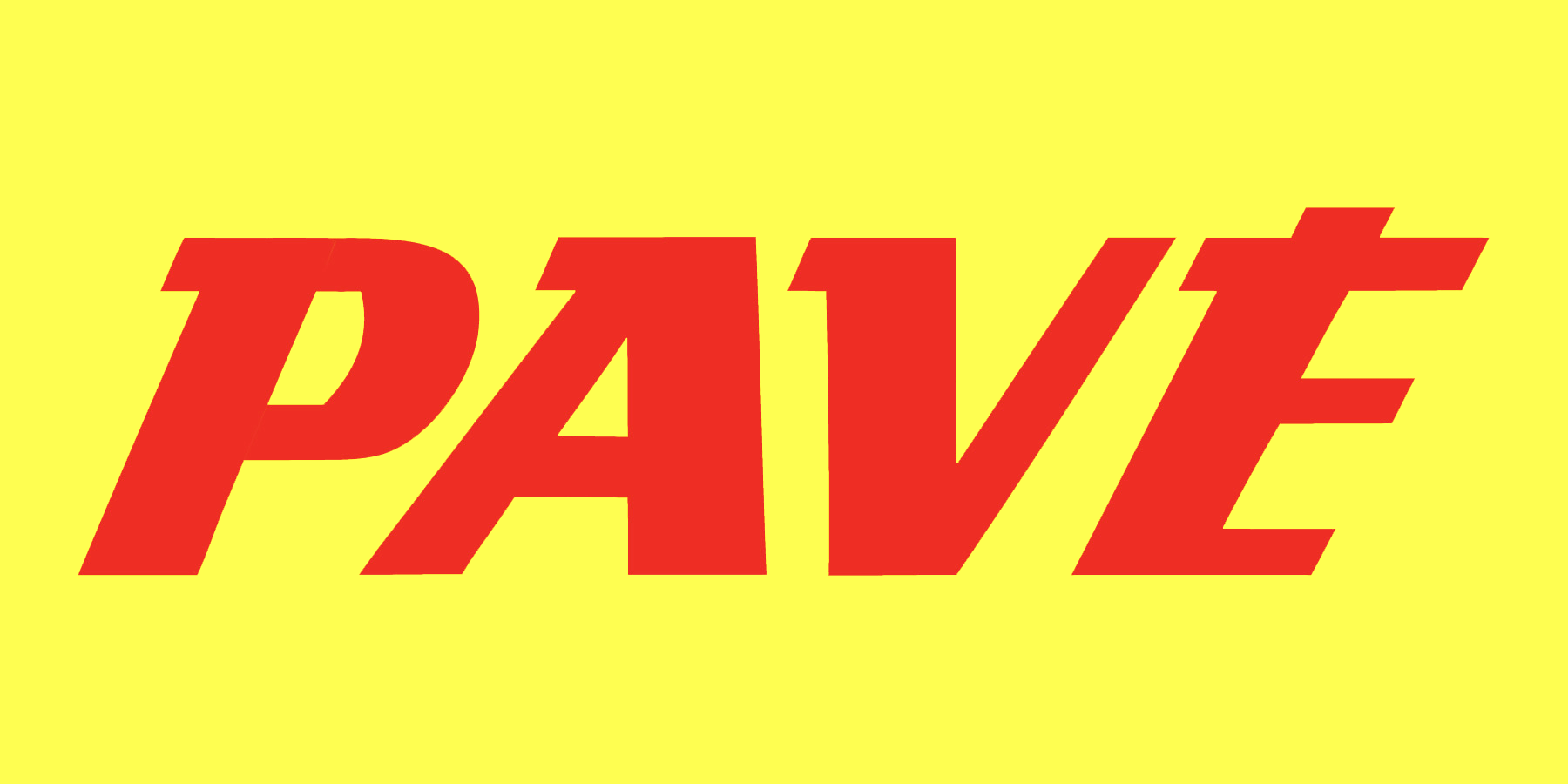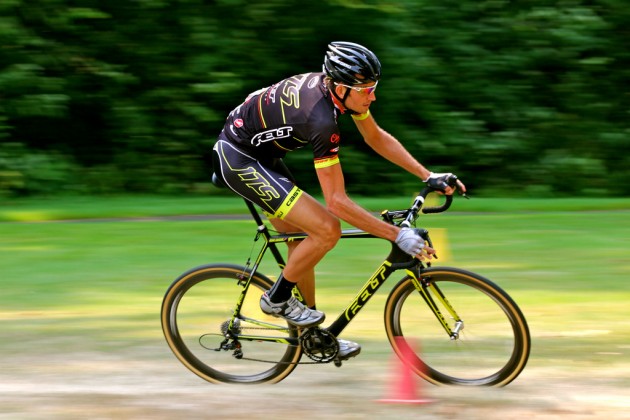Yesterday, we published Part 1 of our interview with Ryan Trebon. Here’s the remainder of the interview. Enjoy! -Editor
Pavé: Are you planning any trips to Europe?
Ryan Trebon: Yup. In December and January, and potentially in February for a little bit. Recently I decided I just wanted to race more. I’ve been feeling really good training and racing, not just fitness but on the bikes, handling and everything. This year I’ve been in a good mindset and I want to race a lot and see what I can get out of it.
P: Speaking of that, you’ve opted out of racing on the East Coast in the past. Obviously it’s a long way – does anything else factor into your decision not to race on the East Coast?
RT: Well, it’s not that I’m avoiding it. It’s not really by choice, you know, because for me to get from Bend, Oregon to Gloucester or where ever after racing three weekends in a row, traveling, and expecting Dusty to drive all the way out here, there’s that added cost. I can fly as easily to Europe as I can to Boston. That’s like a 6AM flight and I get in at midnight. The travel day just isn’t really worth it.
And it’s not just for my benefit, it’s for Dusty’s, too. It’s hard, it wears you out. And I need Dusty to be fresh, too.
There’s some great racing on the East Coast – I’ve really liked Granogue, and Mercer County, and Gloucester’s a great event too but I just can’t do them all. We have to pick and choose. We don’t have an unlimited budget, so we have to maximize what we spend on events.
P: There are some fast young guys making their way up in the cross scene. Anybody in particular really impress you this season?
RT: Yeah, there have been some real standouts on the big stage. Yannick Eckman’s had some really good rides, finished in like the top ten in just about every race. When you’re 18 years old you don’ have the same consistency, but the fact that he can do that, finish like that, that’s pretty good. That’s right where he should be.
And there are some really good juniors coming out of Colorado, like Andrew Dillman, I’m excited to see him in the World Cup in Koksijde next weekend.
P: So you mentioned that you’ve been making some new plans. Want to talk about them?
RT: Well short term, it’s a waiting game. Missing four days of training isn’t an ideal situation. And my plans in the US aren’t really changing – from here I’m going to Iowa, then home to Bend to get ready for the USGP there. And then I’m going to California.
But I decided I didn’t want to spend a few weeks off of racing, so I’m going to continue racing over the holidays. I’m going to head to Europe on December 15th, and go race there up until Nationals. There’s that big week between Christmas and New Years. Then I’m going to come back here for Nationals, and then head back to Europe for the last two World Cups and Worlds, potentially staying there for a week or two in February, those races after the World Championships. I’ve done that before – they’re good events, cool courses. I’ll decide in the middle of January whether or not to do that.
It’s a bigger Euro trip than I’ve done in the past. Last year we went over in December, and I had a bad time. I wasn’t riding well, I wasn’t really into it. It ended up costing, you know, a lot of mental bullets. It’s frustrating when you have things like that go on. Hopefully this time, I feel a lot better, I feel more prepared, and we’ll have a good go at it. So hopefully I’ll get out of it what I want to.
P: Which is?
RT: To show up, race hard, have some respectable results. Maybe have one really good day here and there. Race consistent, show myself at the front of the races. You know. Do what I can.
P: What do you think of Powers’ top ten at the World Cup?
RT: It’s good, he rode a good race in Plzen. Fast courses suit his strengths. When he heads back over in January he’ll have some good results.
But the World Championships this year is such a unique, challenging course that it’ll be hard for anyone in the US to get a really good result. It’s so atypical of what we ever race on. The US guys that go there, to get a top fifteen would be a really good ride.
P: Do you want to elaborate on some ways it’s different from the racing in the US?
RT: Well, the race in Zonhoven for example. Sandracing is just something that we don’t do in the US. There are guys that still struggle with it here, in short sandpits. But when you make it like a kilometer or 1.5k of a 3k track, it’s just so different than what we do. It’s extremely technical. And if you don’t’ grow up racing those conditions, if you’re not good at it, you’re going to struggle. It’s almost like singletrack. There’s a line, and if you ride in that line, you can coast, but if you get out of it it takes 10 times the effort to go the same speed. You have to be extremely powerful and technically skillful. There are those guys who are good at it.
Like Ben Berden, he grew up racing that, he’s great at it. I raced Koksijde a few times and had good results but don’t have the illusion that I’m good at it like others are. It’s a hard race, man. If you’ve never ridden a race that’s that sandy you can’t expect to go there and finish in the top ten, plain and simple.
At Zonhoven, the descent into that sandhole isn’t even the most challenging part of that race. You stay loose and hit a rut and you go down there. But there was one spot, a slight uphill on that course. There’s a really skinny line on the right of that course, and Niels was in complete control, smooth and comfortable and impressive how he rode it. You just watch it like, wow, that’s impressive. I’d like to do that race, it seems extremely challenging. If you’re a little over your limit you’re gonna flail. It’s cool. It’s hard. To be smooth, and comfortable.
P: Well thanks a lot for your time, Ryan, and good luck getting that knee back into shape.
RT: Oh, the knee, for sure, it’ll be fine for next weekend. The missed training is worst than anything.
P: Thanks again.


Thanks for the interview, nicely done. Just FYI – Drew Dillman is from Louisville Kentucky.